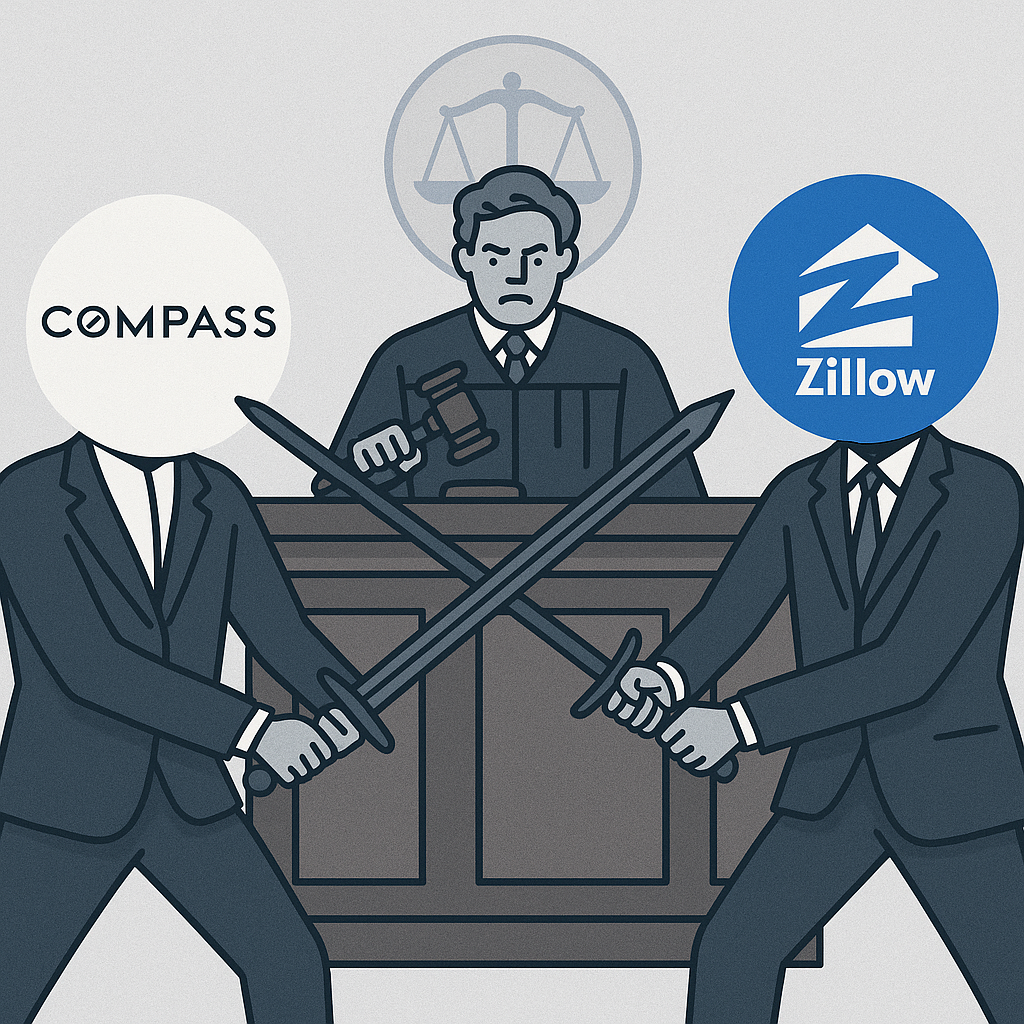
If the preliminary vote tallies hold, Redfin shareholders just gave Rocket Companies the green light to buy them out for $1.75 billion. That vote took place yesterday, June 4, during a special meeting that followed some last-minute legal fireworks and a bit of political heat. Assuming everything stays on track, the deal will close before the end of June.
For those who haven’t been tracking it closely, this merger means Rocket, best known for Rocket Mortgage, is about to add a national real estate brokerage, tech platform, and salaried-agent workforce to its portfolio. It also means Redfin, which hasn’t had a profitable year in nearly two decades, gets absorbed into a company with the budget and appetite to scale their model nationwide.
Read More










